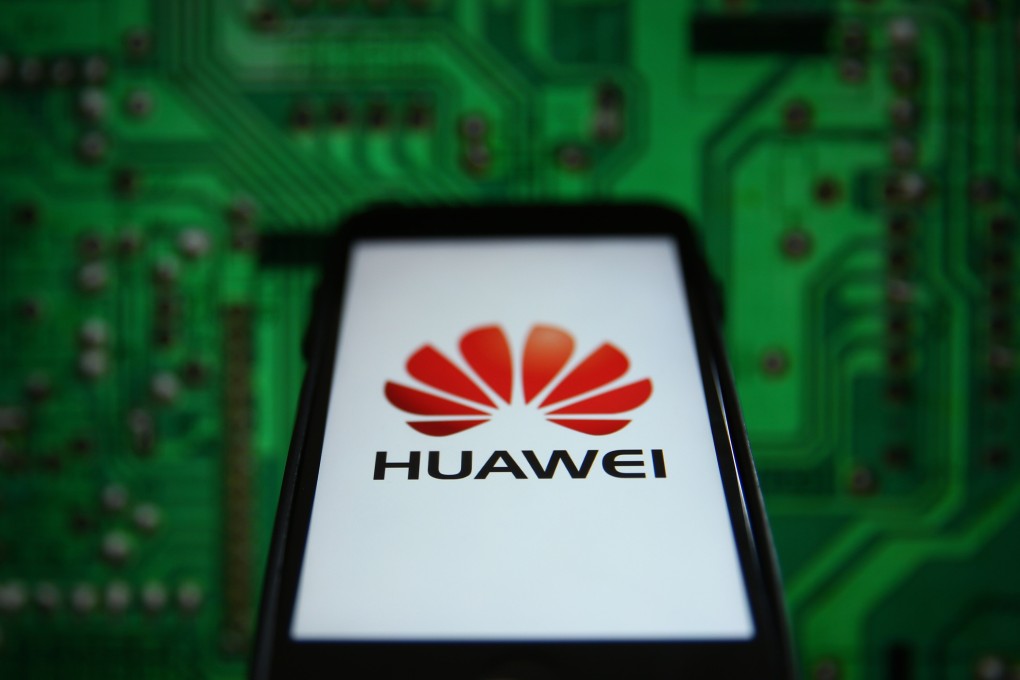Advertisement
Macroscope | China’s role in global supply chains will change, but probably not overnight
- China’s PPE and tech industries are likely to be hardest hit by supply chain reconfiguration, given the West’s growing wariness of security risks. However, Beijing can slow the tide of manufacturing moving out
Reading Time:3 minutes
Why you can trust SCMP
0

Tensions between Washington and Beijing have ratcheted up after the Trump administration ordered a ban on TikTok and tried to force the sale of the popular Chinese video app to Microsoft. Following the blacklisting of ZTE, Huawei and other Chinese firms, TikTok is another victim caught in the crossfire of escalating US-China confrontations.
While the fate of the company hangs in the balance, one thing for sure is that TikTok won’t be the last casualty in the US-China rivalry for technology leadership. US Secretary of State Mike Pompeo is already calling for the removal of “untrusted” Chinese mobile apps from the Google and Apple app stores.
These moves, building on previous protectionist acts, could contribute to a further rupture in bilateral economic ties and facilitate an eventual decoupling of the two nations. Of all the areas where the two countries are growing apart, technology and supply chains are of the greatest importance to China’s long-term economic development.
In a previous column, I noted that foreign firms drawn to China for its low-cost production are most likely to redirect their supply chains to cheaper locations, as China’s cost advantage has been eroded over time by rising wages, higher land costs and increased tariffs.
In contrast, foreign firms that want to tap into China’s vast domestic market are less likely to exit. Recent surveys by the American and European chambers of commerce show that a majority of respondents have no intention of leaving China despite the ongoing trade war and the Covid-19 economic shock.
Advertisement

